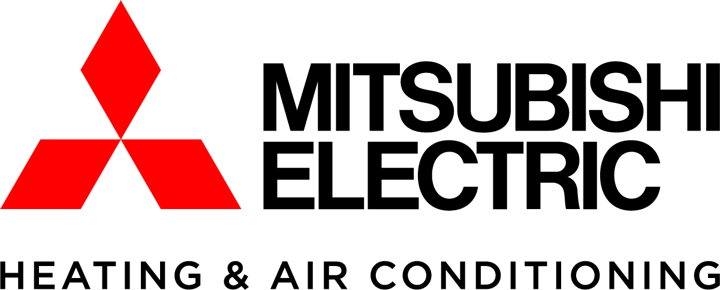
- This event has passed.
The GreenHome Institute’s – “Real-world insights on the effect of electrification on energy burdens” – Free Webinar
March 1, 2023 @ 12:00 pm - 1:00 pm EST
Details bout this event
Households considering transitioning their homes from fossil-fuel based heating to all-electric heat pumps in cold climates face a poor economic proposition. Home energy efficiency retrofits are posed as a prominent solution in lessening energy burden in US households, but a research gap remains in understanding the most advantageous weatherization investments considering housing quality and income, and in examining the energy insecurity implications of higher utility bills when switching to heat pumps from natural gas heating.
This paper explores this gap by asking two questions: which energy efficiency retrofits are available to address high utility bills, and what are the energy cost burden impacts of air source heat pumps in existing homes across income groups? To answer these questions, I use empirical data from a pilot study of 50 homes in Michigan where higher than average energy cost burden rates, long heating season, and old housing stock pose concerning risks to human health and safety under this transition.
Data collected from each home consists of daily gas and hourly electric consumption data for one year, information about housing characteristics (including the results of a blower door test to measure air infiltration rate and the on-label efficiency of all appliances), energy audit contractor recommendations and cost estimates for energy efficiency retrofits. I combine this information about the building envelope with household demographic characteristics. I estimate the intensity of energy use, and the energy burden based on self-reported income bands. Using the contractor’s estimates, I assess payback periods for energy retrofits. Finally, I assess how the energy burden would change if each household were to switch to all-electric heating using cold-climate air source heat pumps.
Continuing Education Units (CEUS) 1 hour in
- Green Business Certification Inc. (GBCI)
- Building Performance Institute (BPI) NonWholeHouse
- Submitted for American Institute of Architects – AIA (HSW)
- Certified Green Professional (NARI & CGP)
- Certified GreenHome Professional (CGHP) Pillar(s): Energy, Health
- AIBD
- State Architect / Builder License may be applicable
- Passive House Consultant US (CPHC)
Lessons Learned
1. Reflect on how home efficiency varies by income and other metrics of vulnerability
2. Review how energy burden varies by income and other metrics of vulnerability and the welfare of those experiencing poverty
3. Evaluate payback periods of home healthy and energy retrofits vary by income
4. Understand how change in bills associated with a switch to electric heat pumps varies by income and housing characteristics and how that impacts home design for low income projects.
Speaker: Parth Vaishnav
Parth is a GHI board member and Assistant Professor at the School for Environment and Sustainability at the University of Michigan. My research aims to understand how technology can help solve social problems. Much of my work focuses on the environmental and human health consequences of energy production and use. Most projects focus on the consequences for the environment, human health, and justice of the electrification of buildings and transportation. I employ building energy models, physics-based models of energy systems, and reduced-complexity integrated air quality models, as well as qualitative methods such as interviews, to understand how economic, political, and operational realities constrain technology deployment. I am particularly interested in finding ways to deploy technologies in a way that promotes energy and environmental justice.
REGISTER FOR THIS EVENT BY CLICKING HERE:
Session Sponsor

